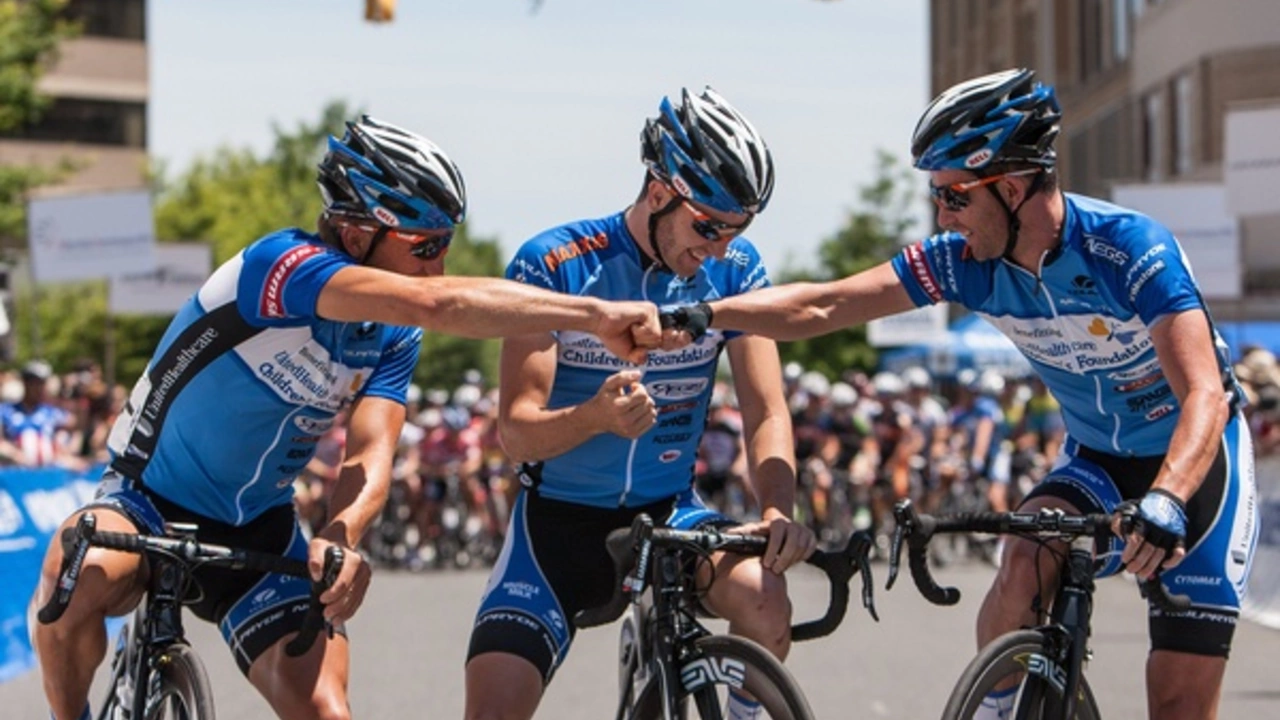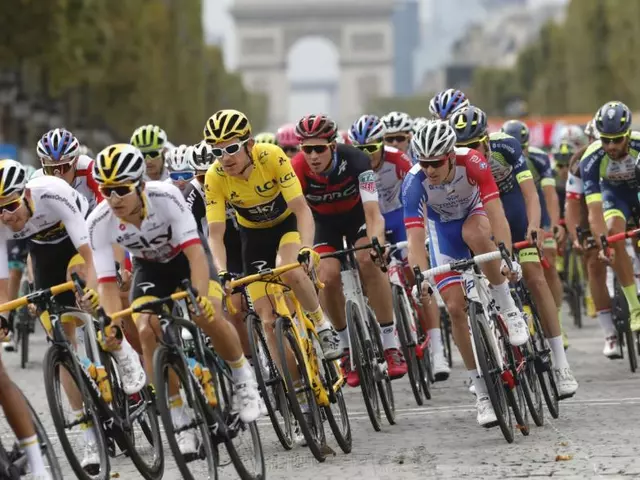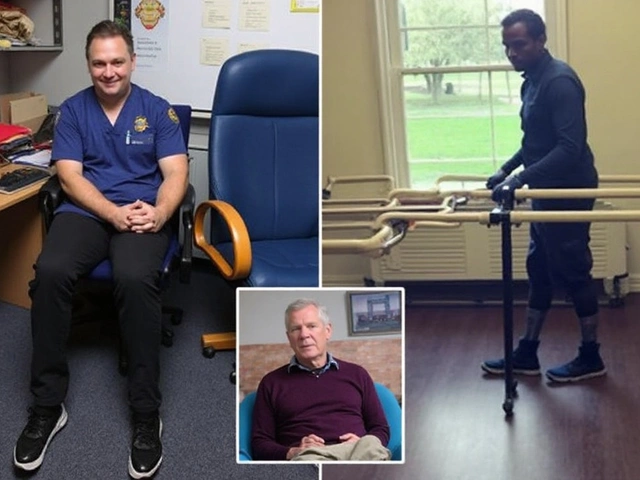Sports Participation: Your Go‑To Hub for Cycling, Fitness and More
When we talk about sports participation, the act of joining any physical activity, from a short walk to a full‑blown mountain bike race. Also known as athletic involvement, it shapes how we stay healthy, meet friends, and explore our surroundings.
One of the biggest drivers of sports participation in Lanarkshire is cycling, a low‑cost, low‑impact way to cover distance and burn calories. Whether you’re commuting to work, hitting a trail, or tracking a ride with a Garmin 235, cycling demands a reliable bike, a helmet, and basic know‑how about road rules. The sport also opens doors to related pursuits like mountain biking, off‑road riding that tests skill, balance and stamina. Both disciplines boost cardiovascular health, improve leg strength, and give you a reason to get outside on a bad‑weather day.
Another piece of the puzzle is fitness, the overall condition of the body achieved through regular exercise. Regular walks, bike rides, or even a quick spin on a trainer contribute to better mood, stronger heart and sharper mind. Studies from local health groups show that people who mix walking with occasional riding report a 30 % increase in daily energy levels. The link is simple: moving more triggers endorphins, which in turn makes you want to move more.
Legal hurdles often scare new riders, but in the United States a license isn’t required to hop on a bike, and the same holds true across the UK. That means bike licensing, the process of obtaining a formal permit to ride is basically a myth for everyday cyclists. What does matter is knowing local traffic rules, wearing visible gear, and keeping your bike in good shape. A quick safety check—brakes, tire pressure, chain lubrication—can prevent costly repairs and keep you on the trail longer.
Gear matters too. If you’re debating road‑cycling shoes, stiff‑soles designed for efficient power transfer versus mountain‑biking shoes, grippy, protective footwear for rough terrain, the answer hinges on where you ride. Road shoes shine on smooth pavement and help you climb faster, while mountain shoes give you the stability and protection you need when the trail gets technical. Choosing the right shoe type improves cadence, reduces fatigue, and cuts the risk of ankle injuries.
Community vibes are a hidden engine behind regular sports participation. Local clubs host group rides, trail clean‑ups and skill clinics that turn strangers into teammates. When you join a Lanarkshire MTB Cyclists meetup, you not only get route recommendations but also a safety net—someone will spot a broken chain or advise on tyre choice before you set off. These social hooks raise retention rates: people who ride with a group are 40 % more likely to stay active year‑round. Plus, events like the annual hill climb or charity ride give you a concrete goal to train for, turning casual effort into focused progress.
Technology also reshapes how we log sports participation. GPS watches, smartphone apps and bike‑specific computers turn every ride into data you can analyze. Monitoring cadence, heart rate and elevation helps you spot overtraining before fatigue turns into injury. Even a simple step counter can motivate you to hit a daily target, bridging the gap between walking and more intense activities. The feedback loop—track, adjust, repeat—makes improvement feel tangible, keeping motivation high.
What You’ll Find Below
Below this intro you’ll see a curated mix of stories, how‑tos and news items that touch every corner of sports participation. From a look at why cycling is more popular in Europe than the USA, to a breakdown of how Tour de France riders manage their warm‑downs, each post adds a practical piece to the bigger picture. Dive in to discover tips you can apply tomorrow, whether you’re planning your first mountain trail or polishing up your bike‑tracking data.

Is cycling a rich persons sport?
In my recent exploration of whether cycling is a sport for the rich, I found that it's not necessarily so. Sure, high-end bikes and gear can be expensive, but at its core, cycling is truly accessible to anyone with a bike. There are plenty of budget-friendly options out there for those who wish to engage in this sport. It's the passion for cycling that truly counts, not the price tag. So, no, cycling isn't a sport solely for the rich; it's a sport for everyone who loves the thrill of the ride.
Read More



